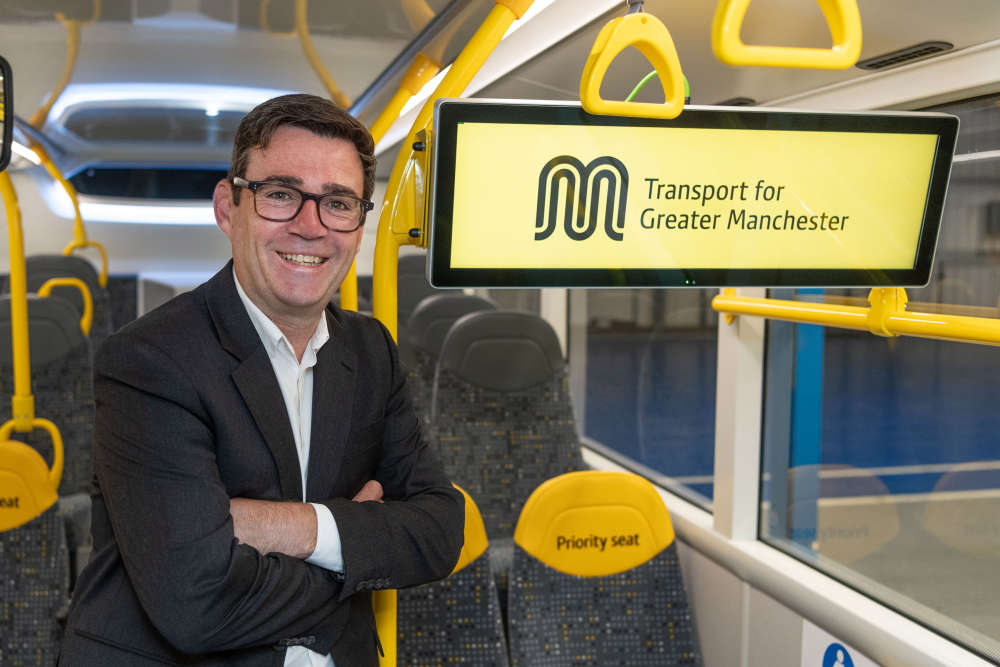
Greater Manchester's bus network will be under public control in a month's time, and today Mayor Andy Burnham has announced further details about how the network will look.
For the first time in almost 40 years, the Bee Network – Greater Manchester’s plan for an integrated London-style low fare, high volume transport system – will enable bus routes and fares to be set at a local level.
Following the introduction of franchised bus services on 24th September, improvements are planned in Bolton, Wigan and parts of Bury, Salford and Manchester – the first to be brought under local control – that will see them run earlier and later, better integrating them with first and last train and tram services.
This will include the 471 Bolton-Bury-Rochdale service and 362 Standish to Wigan buses and will be reflected in other areas of Greater Manchester as franchised services roll out across the region.
The daytime frequency on the V1 and V2 services on the Leigh Guided Busway will also be increased, with eight buses in each direction every hour. In addition, V2 services from Atherton to Manchester Royal Infirmary (MRI) will be reinstated as soon as possible.
As well as prioritising performance and reliability, bringing buses under local control is hoped to be more efficient and effective than the current deregulated market, with franchised services costing less than those recently funded by TfGM after they were withdrawn by operators.
Mayor of Greater Manchester, Andy Burnham, said: “It’s now just one month until we start to bring buses back under local control. With cheaper fares, new electric buses, earlier and later running services and improved customer information, people really will be better off with the Bee Network.
“We’ve reached an exciting moment on our journey to improve how people can travel across the city-region. It was great to see our striking fleet of 50 new electric, yellow buses here in Greater Manchester, with the final touches now being applied before they start operating next month.
“The final countdown to the start of the Bee Network is well and truly on.”
To mark the one-month-to-go milestone, the first fleet of 50 new, Zero Emission, Bee Network-branded buses for Greater Manchester were unveiled by Mayor Andy Burnham and Transport Commissioner Vernon Everitt during a visit to the depot in Wigan this morning where they are being stored.
Additional electric buses, along with a range of new Euro VI buses, will start to be delivered within six months of 24 September. The zero-emission electric buses are fully accessible and offer a range of customer improvements including two bays for wheelchair users, hearing induction loops, audio and visual announcement systems and anti-slip flooring.
To provide passengers with reassurance and help tackle anti-social behaviour, 30 new TravelSafe Support and Enforcement Officers (TSEOs) will be patrolling franchised bus services, interchanges and bus stations from next month.
While TSEOs will focus on customer support and providing a reassuring presence, they will also carry out ticket inspections on buses. The team will expand their operations as franchising rolls out and will be patrolling all bus services, stations and interchanges by 2025.
Money generated from ticket sales is reinvested back into public transport services for the benefit of all passengers, and the new TSEOs are being introduced as part of a broader strategy to tackle fare evasion across all modes of public transport in Greater Manchester, with financial penalties – known as the Standard Fare – set to increase from £100 to £120 in the Autumn for anyone found travelling without a ticket on Metrolink or Bee Network bus services.
To help customers plan their journey, buy tickets and give feedback on an operator’s performance, a new Bee Network app and website also launch from September 18. In time, additional features will be rolled out including journey planning and disruption information, making the Bee Network app the one-stop shop for public transport in Greater Manchester.
A clear set of Customer Commitments have been developed with input from the people of Greater Manchester based on the Bee Network foundations - Safe, Accessible, Affordable, Reliable, Sustainable and Accountable, to ensure passengers know what to expect from their public transport trips.
Mayor Andy Burnham added: “The Bee Network places accountability at its heart. The network will be run for the people of Greater Manchester, with public transport staff committed to delivering high-quality customer service.
“Our Customer Commitments are crystal clear. They set out what people should expect from their bus journeys and if things do go wrong, or people feel those commitments haven’t been met, we want people to then be able to hold transport operators and leaders to account.”
The Bee Network staff uniform has also been unveiled. It provides passengers with a clear and visible way of knowing who to approach for help and assistance when they are travelling on the network.
Drawing on Manchester’s long-time association with the symbol of the worker bee, the uniform features the distinctive Bee Network logo and its design ensures it can be worn by everybody. It takes into account gender identity and religious requirements – and has been tested to ensure maximum comfort, safety, practicality, and style.
As part of the Bee Network’s commitment to ensuring that services are accessible to everyone, transport leaders have engaged with charities and passenger groups across the city-region. Henshaws, a regional charity that supports people living with sight loss and a range of other disabilities, and other groups have advised on the design of the new Bee Network buses.
Bus franchising is being delivered in phases, with buses coming under local control in Rochdale, Oldham, Bury and parts of Manchester, Salford and Tameside from March 2024, followed by the rest of Greater Manchester from January 2025.
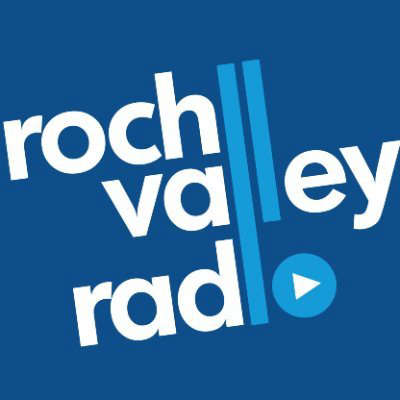

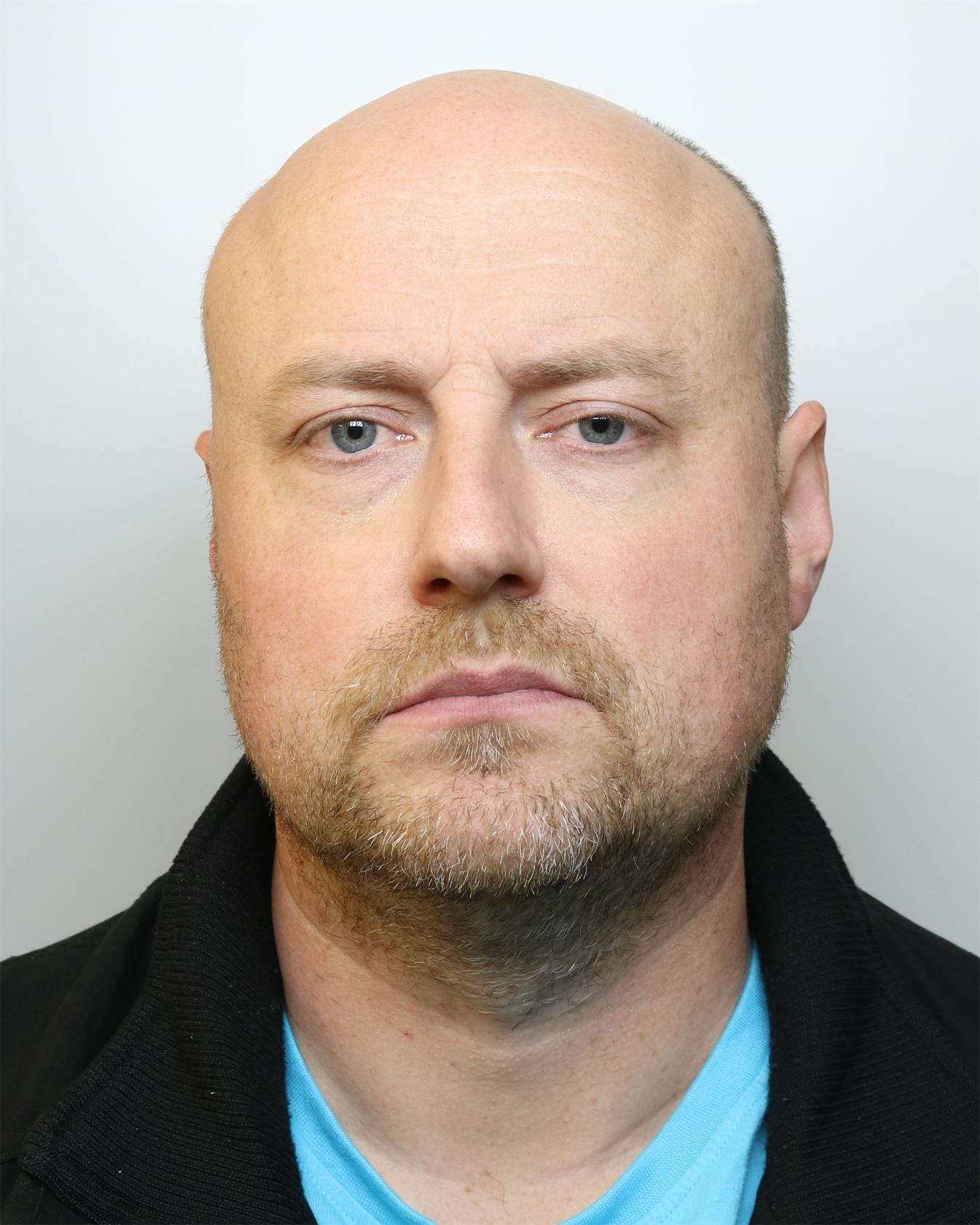 Detective Sergeant Dismissed and Banned from Policing following Sexual Assault Conviction
Detective Sergeant Dismissed and Banned from Policing following Sexual Assault Conviction
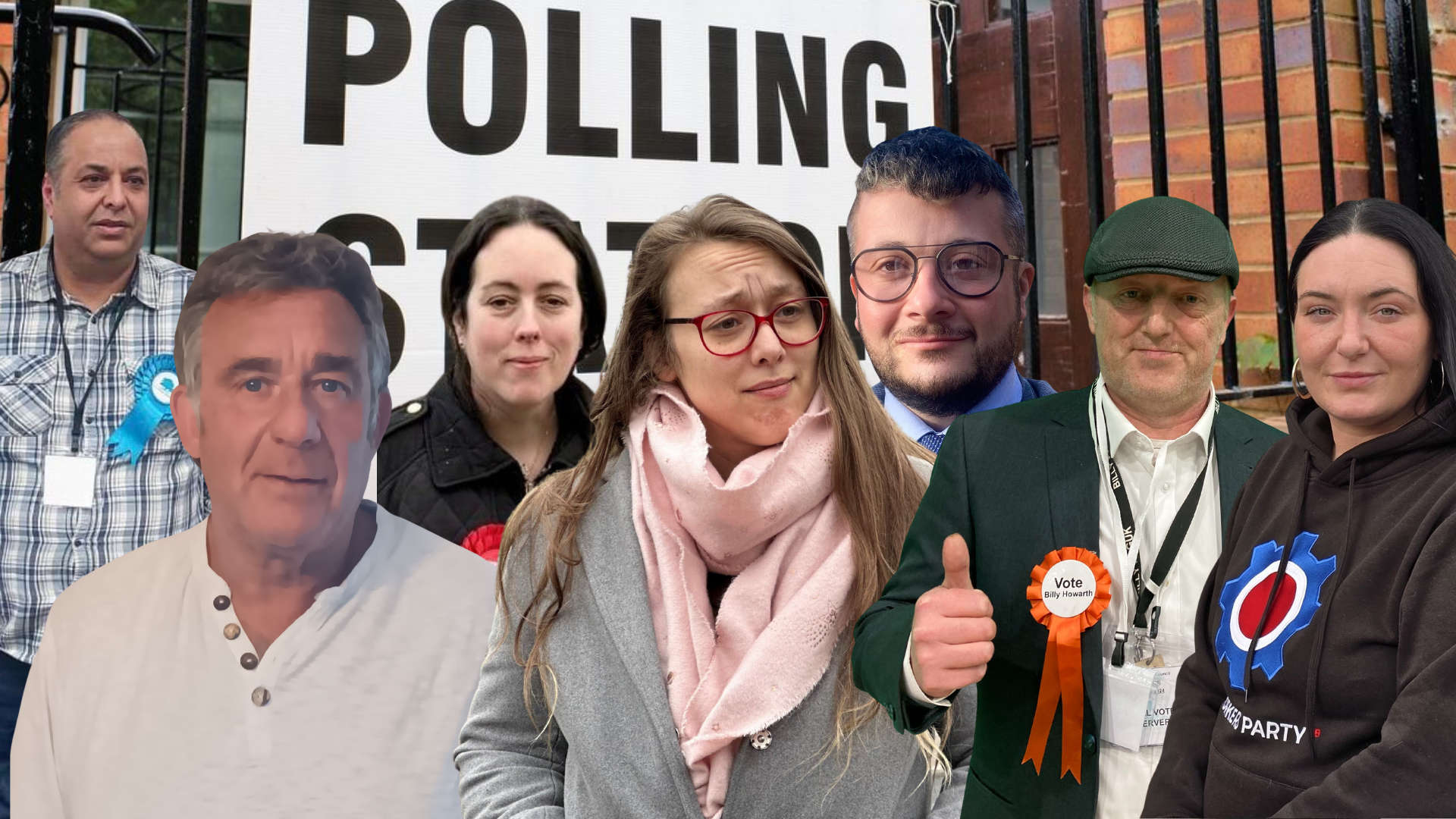 Each candidate hoping to win the Balderstone and Kirkholt by-election
Each candidate hoping to win the Balderstone and Kirkholt by-election
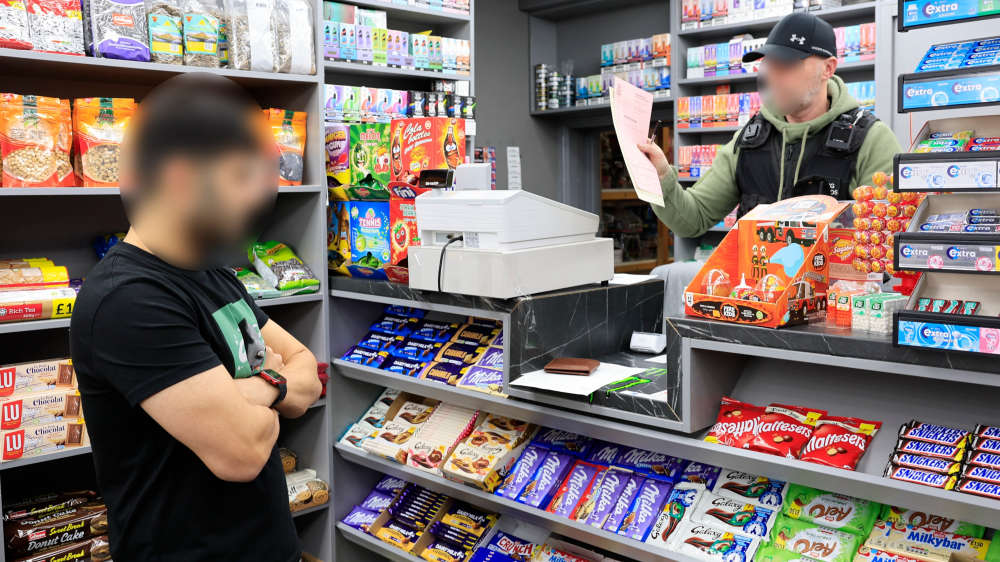 GMP and partners made more than 130 visits to business premises as part of a national intensification crackdown in March
GMP and partners made more than 130 visits to business premises as part of a national intensification crackdown in March
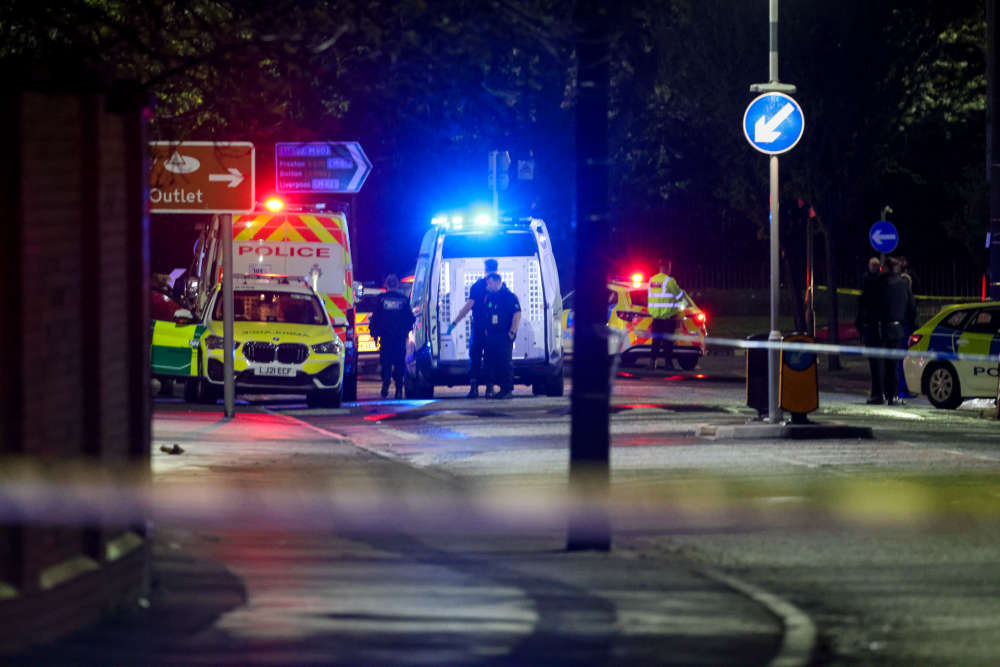 Seven arrested and crossbow recovered following disturbance in Salford
Seven arrested and crossbow recovered following disturbance in Salford
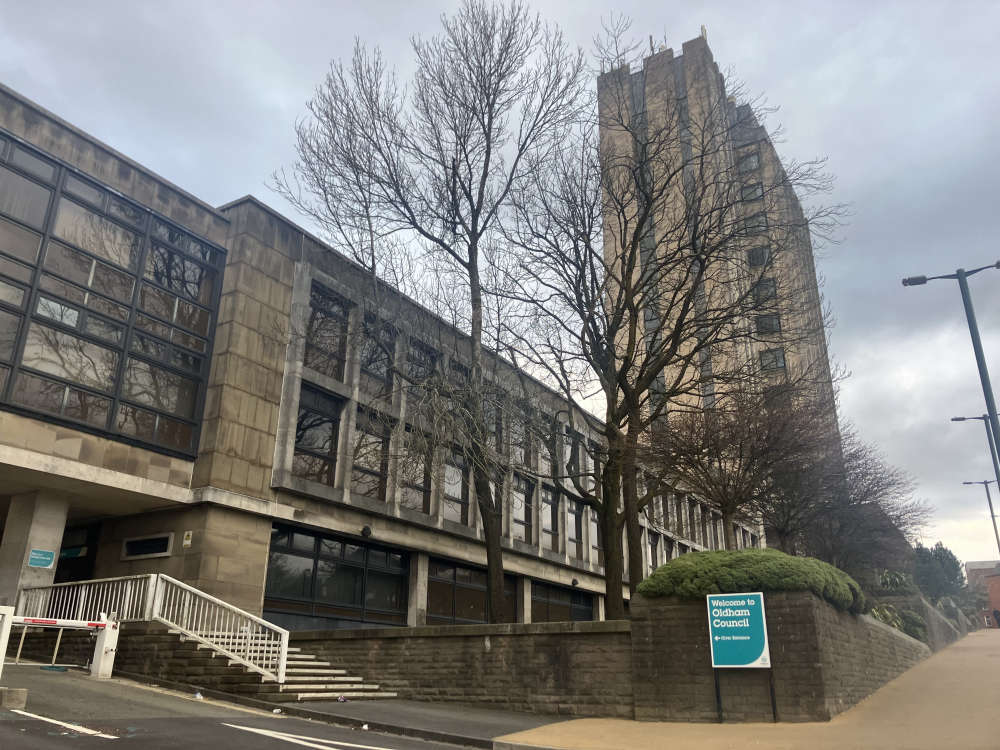 Oldham will have to bid for funding for inquiry into child grooming
Oldham will have to bid for funding for inquiry into child grooming
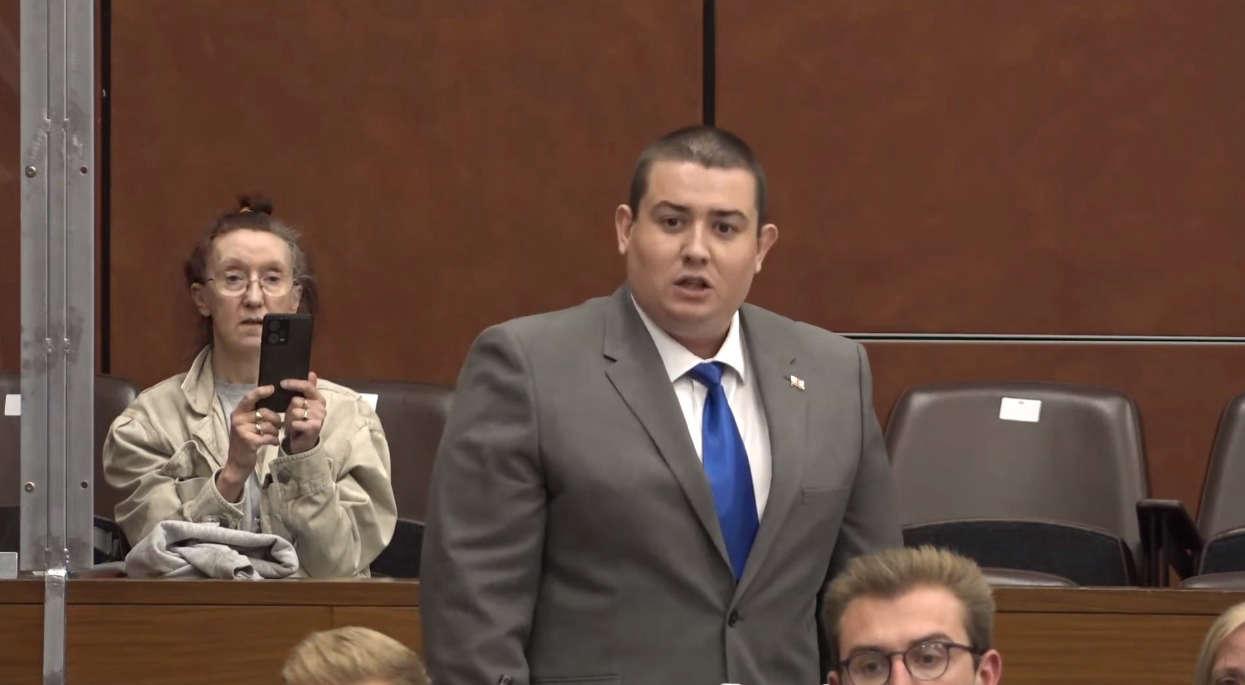 Oldham to vote on axing 20 councillors from borough
Oldham to vote on axing 20 councillors from borough
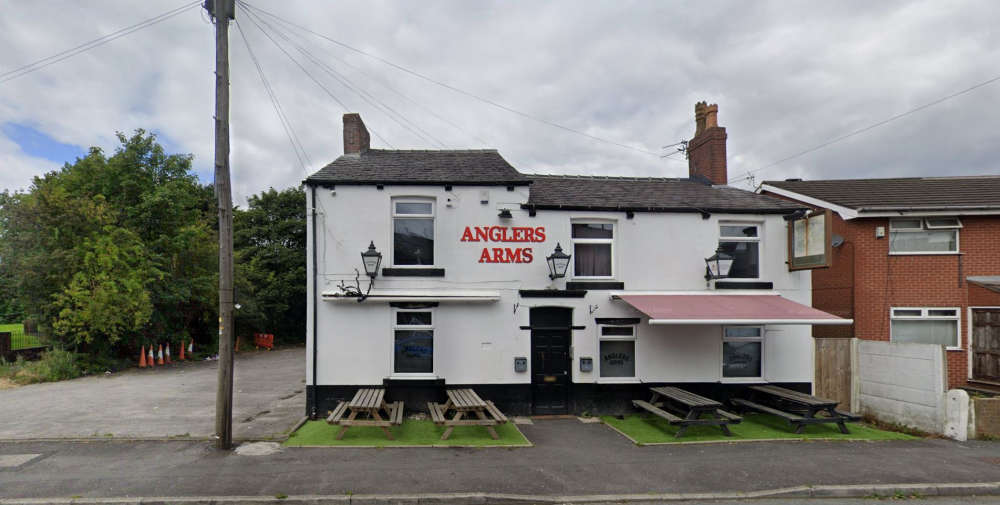 Oldham pub has licence suspended following brawl and stabbings
Oldham pub has licence suspended following brawl and stabbings
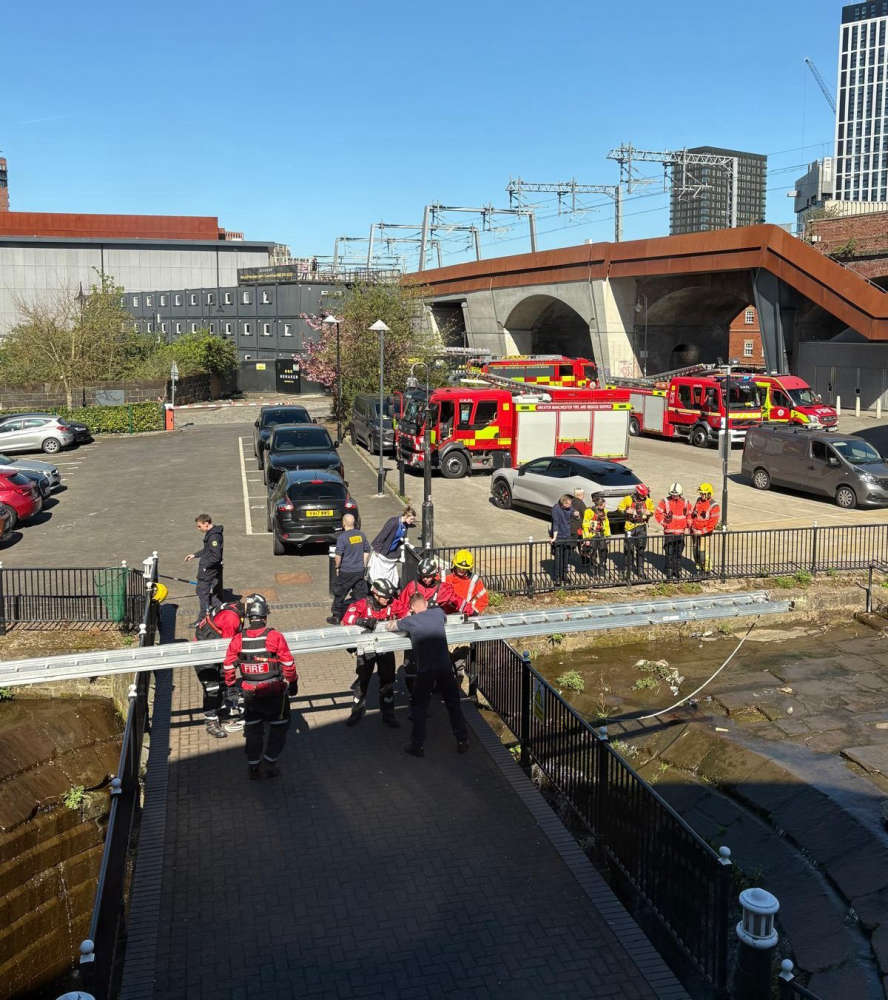 ’20 firefighters’ try to rescue single goose
’20 firefighters’ try to rescue single goose


